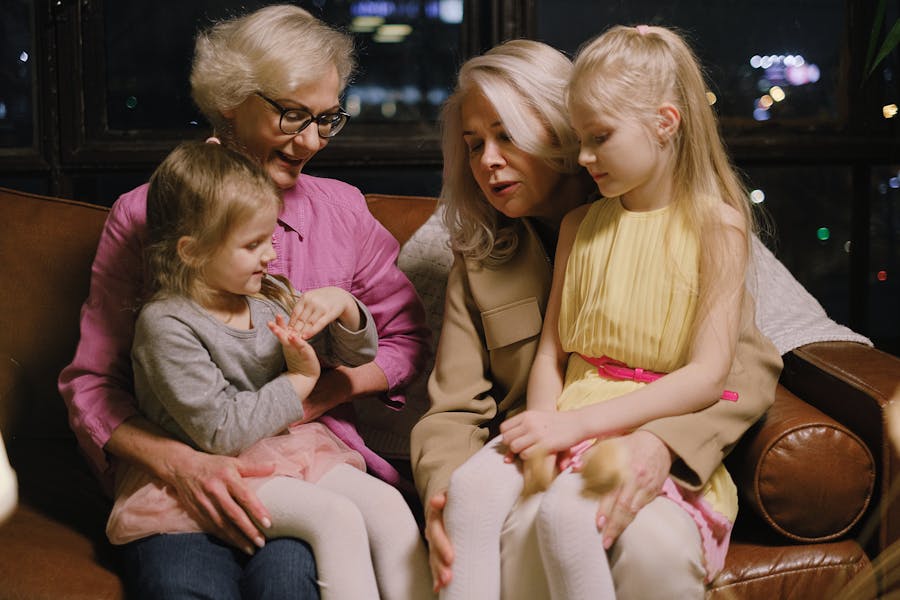Feeling lonely doesn't just hurt emotionally — it might also put your physical health at risk. A Harvard study turned up an unexpected link between chronic loneliness and increased stroke risk in adults over 50. The study provides insights into the long-term health consequences of feeling lonely, even when in the presence of others.
Why it matters
Chronic loneliness may increase stroke risk by up to 56%, highlighting the urgent need to address this often-overlooked public health issue.
The big picture: Loneliness is increasingly seen as a major global health concern. The US Surgeon General has equated the mortality effects of loneliness to smoking 15 cigarettes daily, highlighting how serious it is.

Details
The Harvard-led study analyzed data from the University of Michigan's health and retirement study from 2006 to 2018.
- The study involved over 12,000 people 50 and older who had never had a stroke.
- Participants were questioned about loneliness between 2006 and 2008, and again four years later, categorizing participants into groups based on their loneliness patterns over time.
- Researchers controlled for social isolation and depressive symptoms.
Key findings
- Adults 50 and older who experienced chronic loneliness had a 56% higher risk of stroke compared to those who consistently reported not being lonely.
- People who experienced situational loneliness but not long-term loneliness did not have a higher risk of stroke.
- The impact of loneliness on stroke risk appears to build over many years.
The research also points out the need to distinguish loneliness from social isolation when offering support. While related, these concepts are different:
- Loneliness refers to subjective feelings
- Social isolation is an objective measure of social connections

The takeaway
This study is a wake-up call about the far-reaching health consequences of chronic loneliness. In an increasingly connected yet isolating world, the findings underscore the need to address this public health crisis.
The stark 56% increase in stroke risk for older adults demonstrates the harsh physical impacts of chronic loneliness.
The research also points out the need to distinguish loneliness from social isolation when offering support. While related, these concepts are different:
- Loneliness refers to subjective feelings
- Social isolation is an objective measure of social connections
- Interventions should address the subjective experience of loneliness, not just the objective measures of social contact.
How hearing loss promotes loneliness
Research has shown a strong link between hearing loss and loneliness. One frequently cited study found that with every decibel decrease in hearing ability, the odds of developing severe loneliness increased by 7%.
Untreated hearing loss—
- Makes it more difficult to have conversations, especially in noisy places.
- Causes some to avoid social activities previously enjoyed.
- Creates frustrating interactions, potentially damaging relationships and leading to further isolation.
- Pressures some to self-isolate to avoid embarrassment or communication stress
- Increases the risk of cognitive decline and dementia, which can increase loneliness.

Rejoin life's conversation
Hearing aids improve social interactions, reducing feelings of loneliness.
★ For facts about hearing loss and hearing aid options, download The Hearing Loss Guide.
★ Sign up for our newsletter for the latest on Hearing aids, dementia triggered by hearing loss, pediatric speech and hearing, speech-language therapies, Parkinson's Voice therapies, and occupational-hearing conservation. We publish our newsletter eight times a year.
★ Call 708-599-9500 to schedule a free, 15-minute hearing screening by an audiologist.
Don't let hearing loss rob you of your health and happiness.

